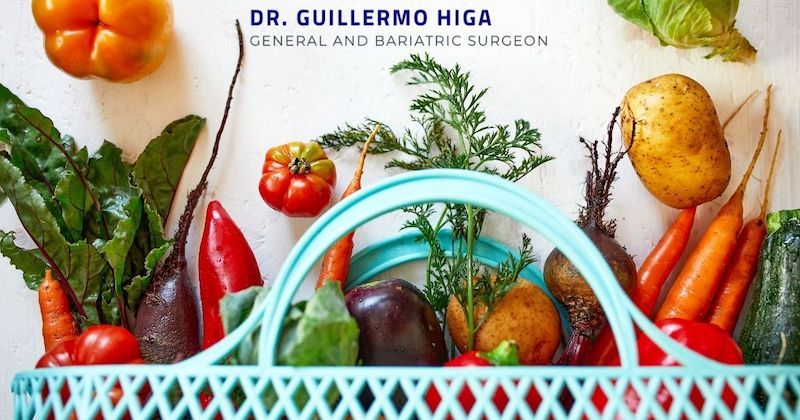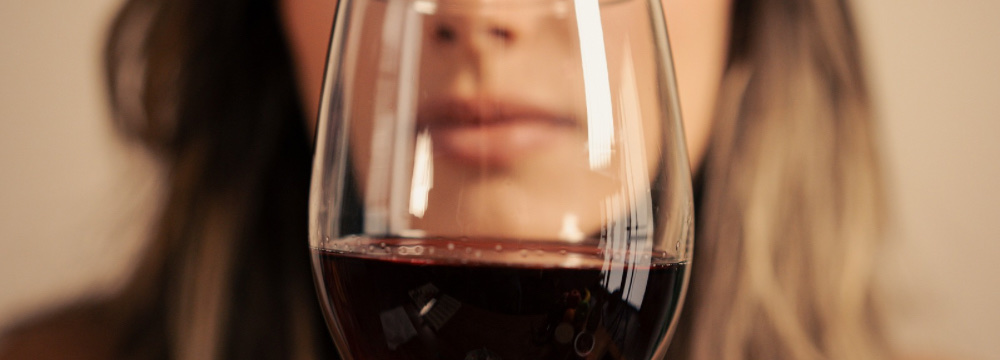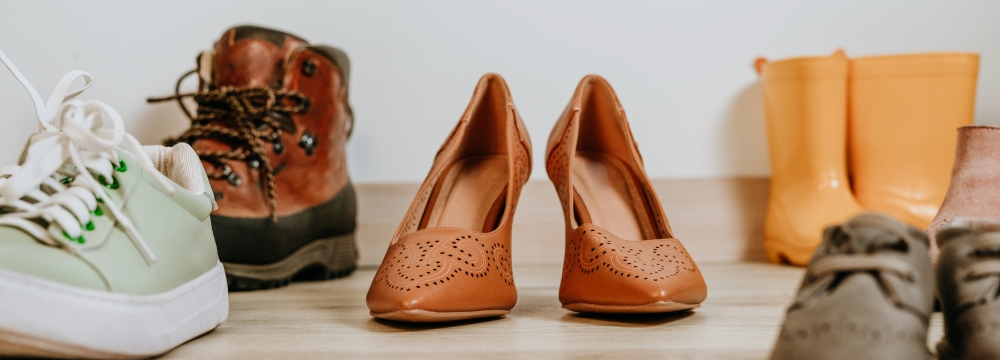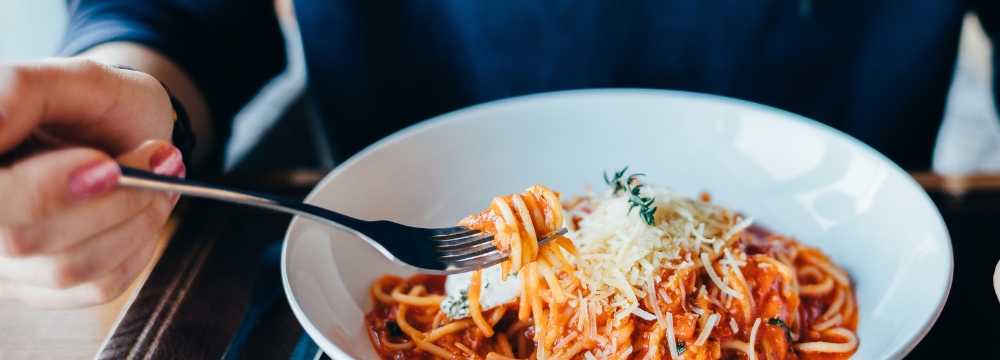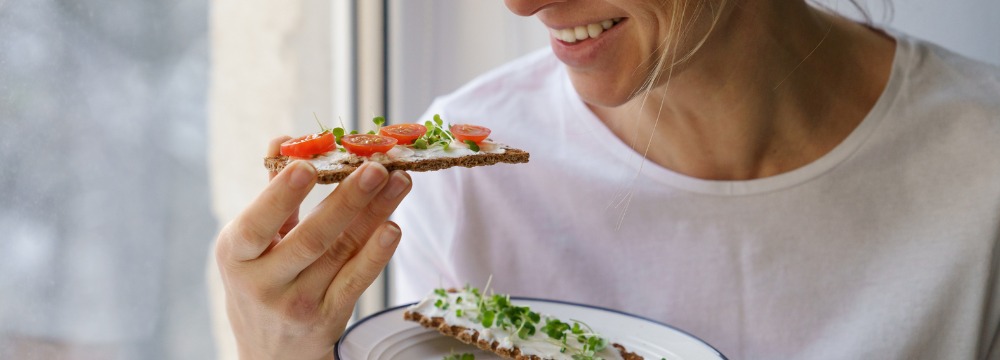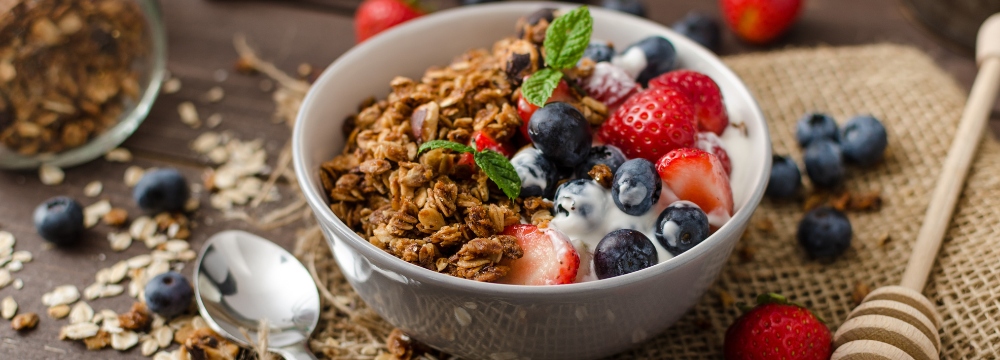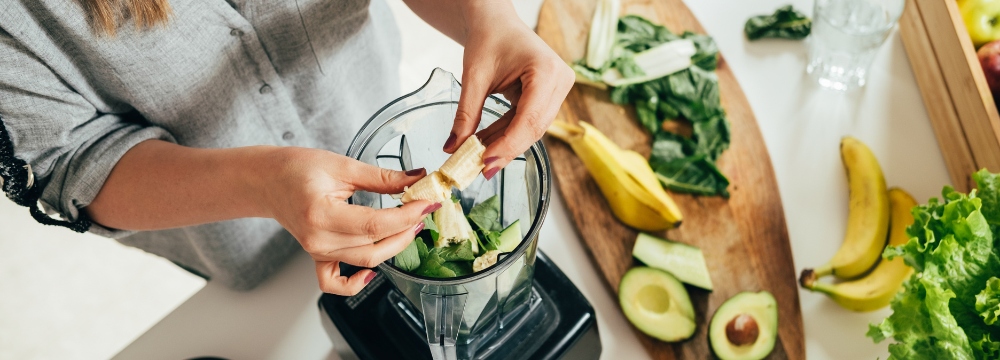After Bariatric Surgery
“I would love to work out, but I have no energy.” How many times have you said that? It’s a common problem we all encounter – weight loss surgery or not.
Food is fuel. So, it stands to reason that eating the right kinds of food after your weight loss surgical procedure can give you more energy for exercise and other activities you love.
The kind and quantity of food we put in our body has a big impact on how we feel. After weight loss surgery, your dietary intake is limited when compared to your pre-op life. You’ll be eating much less than before your gastric sleeve or gastric bypass. That makes it all the more important to eat the right foods – the foods that will give you the most energy with the least fat and sugar.
The Skinny on Carbs
Carbohydrates are key to energy. Complex carbohydrates like whole grains (that include the entire seed – bran, germ and endosperm) are important because it takes your body longer to digest them – you feel satisfied longer – and have more nutrients. But don’t forget about fruits and non-starchy veggies – their carbs may not be complex, but they provide energy, fiber and important vitamins and minerals. Avoid foods that are high in fat and sugar. Also avoid processed grains. White breads and baked goods, for example, have very little nutritional value and eventually turn into sugar in your body. Even multigrain baked goods are not necessarily your best option. Multi grain does not necessarily mean whole-grain. These foods won’t give you the energy you need, so make sure that the FIRST ingredient is a whole grain.
Protein
Protein is key to keeping you full and giving you plenty of energy after surgery as well. In fact, protein not only helps with recovery but assists with muscle mass maintenance throughout your weight loss journey. Early on you will not be able to consume proteins in solid form, so you’ll rely on protein shakes. Longer term, you will be able to incorporate lean meats into your diet too.
Hydration = Energy
Getting more energy does not lie solely in your food intake, however. Dehydration can make you feel sluggish too; so make sure you get plenty of water and liquids. We suggest at least 64 ounces of water or equivalent liquid each day. Active individuals may need even more. This is about eight regular glasses of water. While caffeinated beverages such as coffee and tea provide hydration, they also flush liquid from our bodies and often have a net negative effect on hydration.
ZZZs
Sleep is one of the most underrated energy boosters. We all feel better when we’ve had a good night sleep or even a nap during the day. Quality of sleep matters too, so evening exercise, herbal, decaffeinated tea and relaxation exercises may contribute to a better night’s sleep. You may consider upgrading your mattress and pillow too, especially if they are several years old or you’re not sleeping as well as you used to. During the day, most of us could benefit from a nap. Even 20 minutes of sleep can improve mood and facilitate weight loss.
What Not to Do For More Energy
Because of our active lifestyles, we often prioritize other activities over the energy boosting tips mentioned above. Doing so often leads us to artificial stimulants to keep us awake and alert during the day.
Coffee and Tea
Post-surgical patients should not rely on caffeinated coffees or teas to keep their energy up. First, we often add sugar and cream, which can compromise our diets. Second, caffeine can irritate the newly created stomach pouch. Finally, caffeine is a diuretic which means it flushes water out of the body.
Energy Drinks
Second, energy drinks have become a go to boost that many people crave during the day. Energy drinks often contain the equivalent of three or more cups of coffee in each serving. Some even contain significant amount of sugar. Recent studies have shown that overconsumption of energy drinks may lead to heart issues including high blood pressure and cardiac arrhythmias. We know from other studies that energy drinks can also create a host of psychological and physical problems when consumed in high quantities.
0 Cal Sweetener
It may be tough to drink plain water, but adding 0 calorie sweetener to any beverage is not the miracle option we once thought. True, we do not consume any calories and get that sweet taste; however, recent research has shown that even 0 calorie sweeteners increase our cravings for sugar and calories. To add taste to your water, use fresh fruit infusions such as lemon, lime, orange or strawberry amongst others.
Grazing
Lastly, as bariatric patients, we have to be wary of hunger. Many times, we find ourselves in the fridge looking for something to eat shortly after a meal. This is commonly known as head hunger and is the result of dehydration. We look for food to provide some of that hydration. However, giving in to head hunger only adds hundreds of calories to our daily intake. Recognizing that hunger may be related to dehydration and drinking more water as a result, may not only help us lose weight, but also improve our energy level.
Weight loss makes you feel good about yourself and improves a host of diseases, mobility issues, and much more. If you feel good, you will have more energy and you will be more likely to motivate yourself to exercise, move around and consequently lose weight. So, accelerate your accomplishments by eating well, drinking lots of water and getting plenty of rest.
As always, feel free to contact us for diet and exercise guidance.


